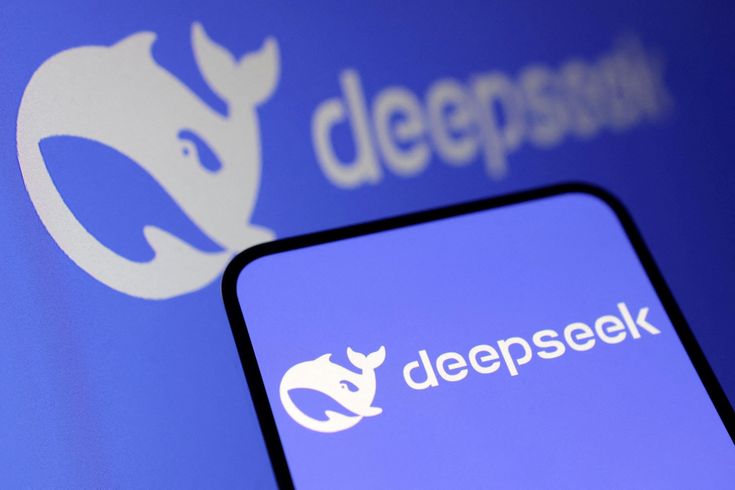
Business and Financial News, Expert Opinions & International News How DeepSeek AI is Disrupting the...


21.10.2024
China’s President Xi Jinping is facing a leadership crisis. During the November 2019 BRICs summit, he described the current set of challenging circumstances as ‘changes in the world unseen in a century’. This phrase is several years old and not his own, but it captures the gravity of the predicaments now facing him after seven years in charge.
There are many dangerous currents around Xi’s policy choices that have been swirling for some time, and three of them are now raging torrents that could prove treacherous: Taiwan, Trump and Tiananmen.
The challenge by Hong Kong protesters, voters and key civil-society groups to Chinese sovereignty is unambiguous and profound, but it also represents the worst crisis in Beijing’s relations with Taiwan for 20 years. One question few analysts have addressed is the likely impact on Xi’s reputation among key constituencies in the Communist Party leadership, including the national-security apparatus.
Xi has staked much on reunification with Taiwan. He never promised to deliver it in his time in office, but he has promised to continue to prepare the way so that formal reunification could occur before 2049, the centenary of the founding of the People’s Republic on the mainland. The rejection by the majority of Hong Kong citizens of Beijing’s version of ‘one country, two systems’ – at the ballot box, through street protests, and by means of business and social divestment – has delivered a near-fatal blow to the chances of peaceful reunification of Taiwan and the mainland under that same constitutional principle.
There are now only two circumstances under which Taiwan and the mainland will ever be one country again: either the abandonment by China of the other ‘system’ (political dictatorship) or by some combination of subversion and military pressure. This is what the best-informed analysts in Beijing will be telling any Politburo member or military leader willing to listen. They will also be saying that time is no longer on the side of peaceful reunification. From now on, every day that Xi does not have a convincing formula for retaking control of Hong Kong and thereby addressing China’s Taiwan dilemma will be another day of festering dissent among Party elders with their supreme leader. China’s official media are not reflecting any such dissent, but are unlikely to do so.
US President Donald Trump has stoked the fires of this simmering dissent against Xi over Hong Kong and Taiwan. Trump or his government have declared China variously to be a cheater country, a thieving country, a repressive country, a murderous regime, a threat to US national security and a threat to world order. The tirade of insults that American officials under Trump have heaped on Chinese leaders is unprecedented since the 1960s. He has launched a trade war and targeted a leading Chinese corporation, Huawei, for destruction. It is now US official policy to prevent China’s rise to peer status with the United States in cyber space and the high-tech sector.
Trump has forced China into humiliating trade negotiations with the United States, which remain unresolved after 21 months. In May 2019, Trump signed an executive order foreshadowing the possible termination of all ICT trade and investment between the United States and China. And then, in November, even if it was against his personal preference, Trump signed the Hong Kong Human Rights and Democracy Act, bringing US flags to the streets of Hong Kong in numbers rarely seen.
The ghosts of the Tiananmen Square crisis of 1989 still haunt the Chinese Communist Party halls of power. These ghosts are numerous and they are haunting different rooms.
Just this year, in October, some brave people in China proudly marked the centenary of the birth of Zhao Ziyang, a hero of the Tiananmen demonstrators. Zhao was thrown out of the highest office in the land in 1989 because of his support for them and for his tolerance of debate about humanist approaches to governing China. The authorities finally ended a 14-year dispute with his family about where his ashes could be buried. Just three months earlier, Li Peng, dubbed the ‘butcher of Beijing’ by many Chinese for his role in deposing Zhao and urging Deng Xiaoping to use force, died. In April, the sons of former Party General Secretary, Hu Yaobang, also ousted in 1987 from the same highest office because of his iconoclastic views, visited his grave on the 30th anniversary of his death. It was Hu’s death in 1989 that triggered the student demonstrations.
Xi has not even succeeded in silencing the public voices of those in the Party who want a different path. In January 2019, one of Hu’s sons, Hu Deping, warned China to avoid the mistakes that led to the collapse of the Soviet Union and to ‘actively explore political reforms’.
This more liberal political faction in China is not strong, but there is another more powerful Tiananmen ghost. It is the fear of a brain drain from China if there is another violent crackdown. One of the severe effects on China of the 1989 events was that it sent Chinese scientists, social activists and free-marketeers in their tens of thousands out of the country. It was a slow flood, over a decade or more, but it was nonetheless a flood. Xi cannot afford to provoke a similar talent emigration by a forceful crackdown on Hong Kong or against Taiwan.
In sum, the main question is about the trade-off Xi is making between strategic patience (not using force against Hong Kong and Taiwan), and the erosion of his political legitimacy and authority. His formal policy of ‘preventing and defusing’ is not working. China’s economy is slowing and this cannot be reversed. It reached what economists call the Lewis turning point (where a surplus of cheap rural labour has been replaced by labour shortages) sometime around 2010. There are other distortions in the economy and vulnerabilities in its industrial base that threaten social stability.
We have little evidence of how Xi’s leadership is viewed among his peers. However, Chinese Politics 101 can teach us something. The multiple political crises of the sort that Xi is facing, coupled with the bitter legacy of his full-frontal attack over seven years on fellow Party leaders for corruption, must lead to questions about his political legitimacy as a reliable guardian of the unity and dignity of the great Chinese nation.

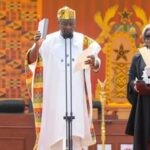




Business and Financial News, Expert Opinions & International News How DeepSeek AI is Disrupting the...
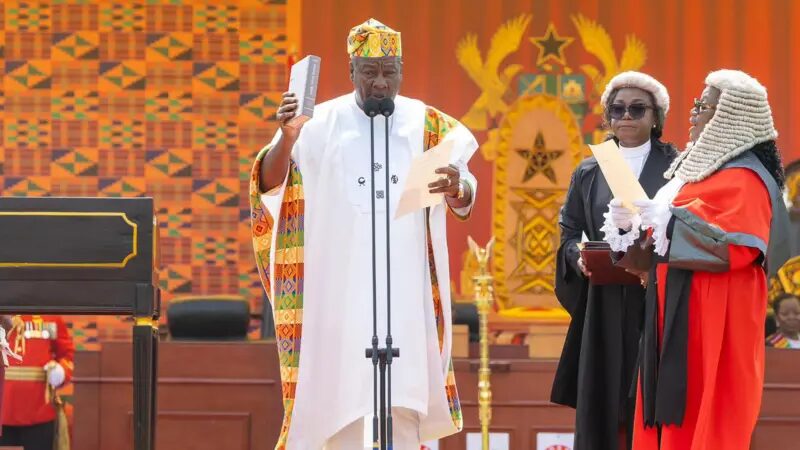
Expert Opinions & Politics and Governance The Re-Election of President Mahama: Implications and Future Prospects...
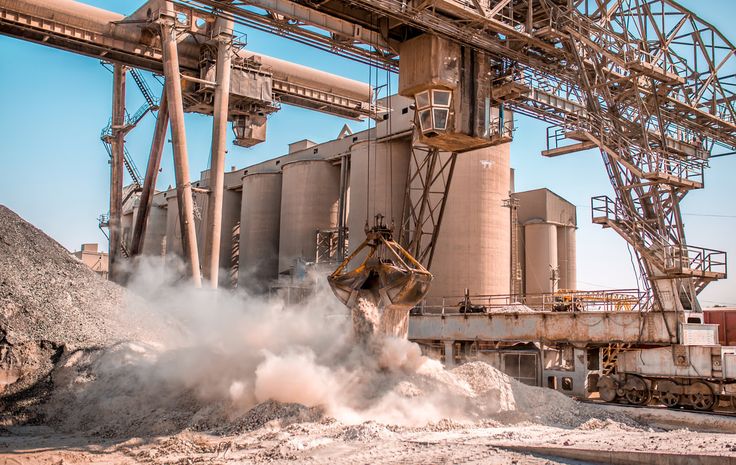
Expert Opinions & Politics and Governance “From Tradition to Transformation: Uncovering the Dynamic Innovations of...

Expert Opinions Africa’s Prosperity and Population Growth: A Statistical and Business Case Perspective E. N....
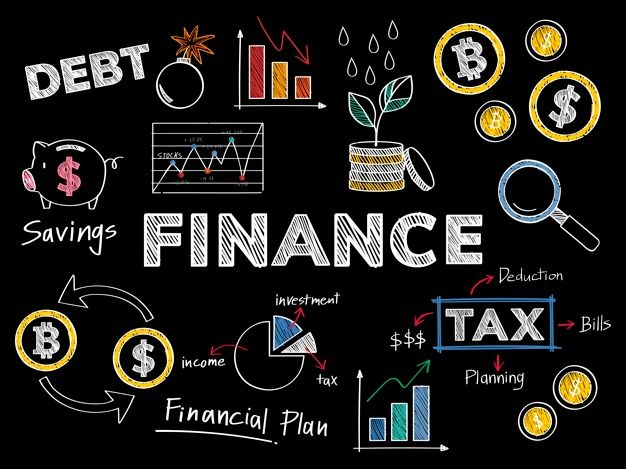
Business and Financial News, Expert Opinions & Politics and Governance Ghana’s decades of darkness: Finance...

Business and Financial News & Expert Opinions Taxation vs. Debt: Is Ghana making the Right...
©2024. Tunani Africa – Ghana. All Rights Reserved | Designed by XCreativs Technologies